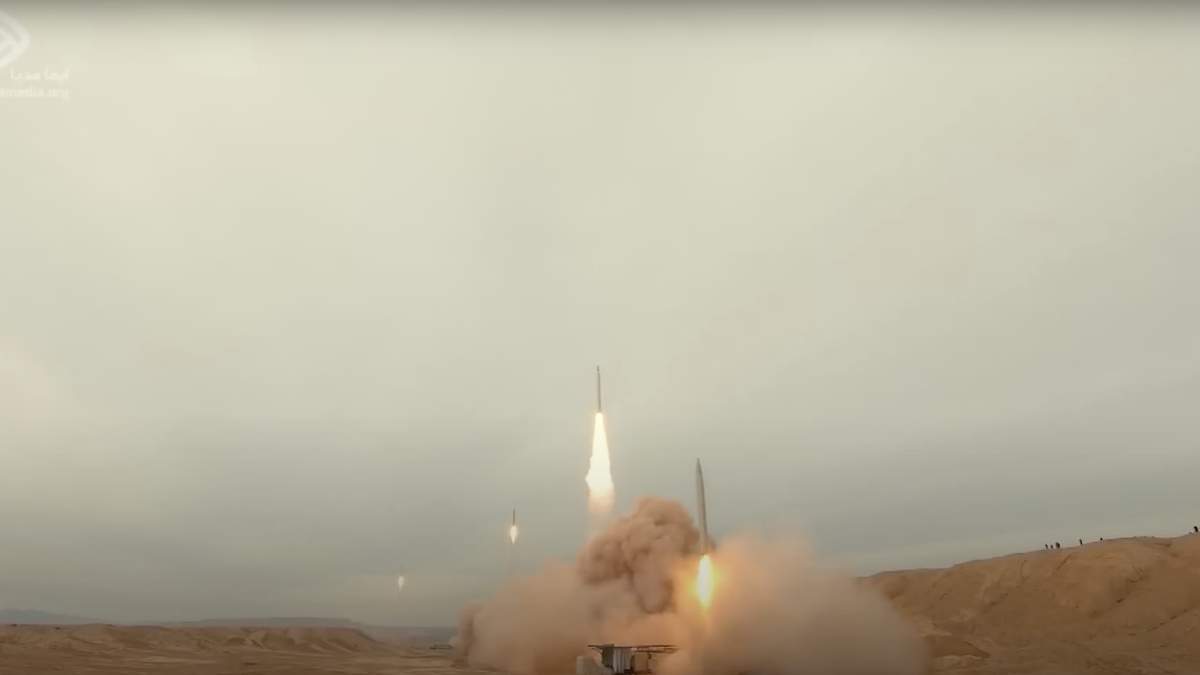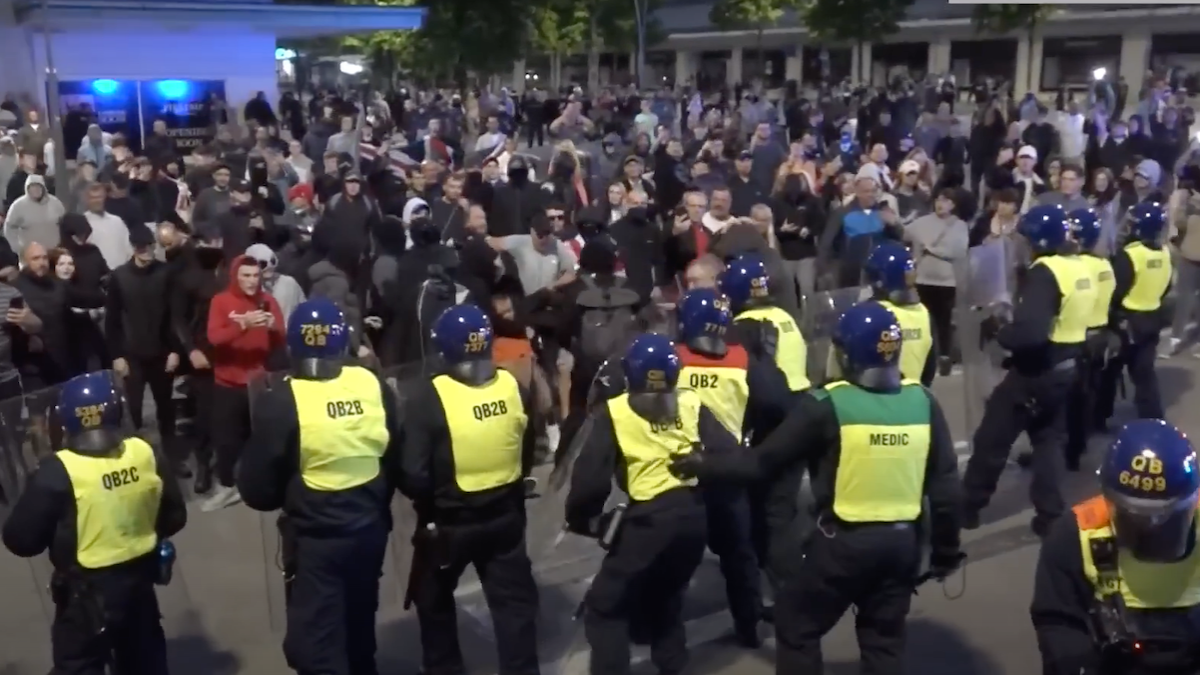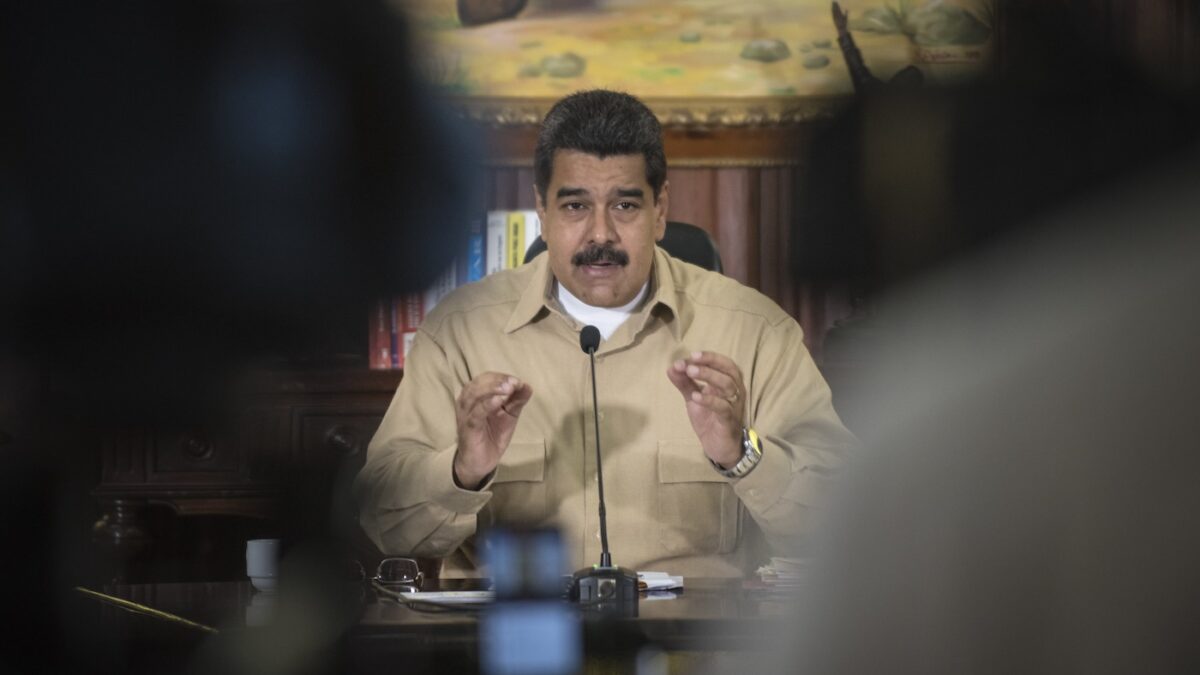
Last week, on the Communist Party’s 100th anniversary, Chinese state media Xinhua News posted a tweet featuring a quote from Chinese leader Xi Jinping’s, including his claim that China had eliminated poverty and “we are now marching in confident strides toward the second centenary goal of building China into a modern socialist country in all aspects.”
Many international users responded with sarcasm, questioning the CCP’s human rights record. Yet Elon Musk, CEO of Tesla and SpaceX, responded with a tweet, showering the CCP with over-the-top praise: “The economic prosperity that China has achieved is truly amazing, especially in infrastructure! I encourage people to visit and see for themselves.”
Musk’s bootlicking tweet surprised and disappointed many. Rebeccah Heinrich of the Hudson Instituted reminded Musk on Twitter: “You owe it to your country not to be this way.” So why did Musk, who has built a rebellious bad boy public persona, embarrass himself by sucking up to the CCP so openly?
Bloomberg reports that Tesla China is trouble. So Musk is clearly trying to get back on the CCP’s good side to save his company.
Never Make a Deal with the Devil
Not so long ago, the CCP rolled out a red carpet for Musk. To entice Tesla to China, the Chinese government agreed to let Tesla become the first non-Chinese auto company with a solely owned subsidiary in China.
In contrast, all other foreign carmakers, including Ford and GM, had to take on local Chinese partners and establish joint ventures to do the same. Tesla opened its factory in Shanghai in 2018. The Chinese government further sweetened the pot by offering tax breaks and cheap loans, and making Tesla cars eligible for generous made-in-China subsidies.
During last year’s COVID-19 outbreak, while most parts of China were under government-mandated lockdowns, the Chinese government allowed Tesla China to quickly reopen in February and provided the factory generous support.
According to Bloomberg, Tesla’s Chinese employees were “brought in on government-provided buses from dormitories secured by officials to keep them from mingling with the community. The workers had plenty of N95 masks: Unlike many businesses, Tesla had been allocated ample shipments by the bureaucrats who’d assumed control of protective gear supplies. The factory was being cleaned with a disinfectant that required a regulator’s license to purchase, too.”
All this took place when other foreign automakers in China, from BMW to Ford, were not yet allowed to reopen their factories in the country. In Tesla’s 2020 earnings report, its China subsidiary accounted for 20 percent of its worldwide revenue and helped make Musk the richest man in the world.
First the Bait, Then the Switch
But the CCP’s love affair seems to have come to an abrupt end this year. Bloomberg reported that Chinese regulators summoned Tesla executives in February to express concerns about quality and safety issues in Tesla vehicles. After the meeting, Tesla issued a humiliating apology, said it “sincerely accepted the guidance of government departments” and “deeply reflected on shortcomings.”
Then the Chinese government banned Tesla vehicles from military compounds and housing units, claiming the vehicle’s onboard cameras causing data security concerns. Musk promised government officials that all data collected by Tesla China would be stored in China.
In April, a Chinese Tesla owner’s video claiming “Tesla brakes fail” went viral in China and was viewed more than 200 million times. It is essential to know that sometimes the Chinese government pushes for or encourages such online outcries to achieve its political goals.
Even though there was no credible data to support the owner’s claim, Tesla offered another humiliating public apology amid growing online outrage. Still, Xinhua, a Chinese state-owned media company, criticized Tesla’s apology as “insincere.” The persistent online backlash has cost Tesla sales. According to research firm JL Warren Capital, new orders have dropped 50 percent since the viral video.
China Teaches Tesla Authoritarianism
To prevent sales from falling further, Tesla China did something unthinkable in the United States. According to Bloomberg, Tesla “complained to the [Chinese] government over what it sees as unwarranted attacks on social media, and asked Beijing to use its censorship powers to block some of the posts.” The fact that an American company would seek an authoritarian regime’s help to censor speech marked a new low for Tesla and its leader.
In June, the Chinese government dealt the most significant blow to Tesla China by ordering the company to recall almost all vehicles it had sold in China (more than 285,000) to fix a so-called software issue. While Tesla is working on the recall, other Chinese electric carmakers such as Nio are outselling Tesla with cheaper alternatives and chic designs.
Tesla’s changing fortune in China is a classic example of the CCP’s “bait and switch” strategy. Cai Xia, a former CCP insider, explained how this strategy works: “They will use enticing language to lure multinational companies into China. But then these companies will soon find that they have fallen into a trap: they must transfer their technologies or face shutdown. After acquiring the foreign technology, China often figures out ways to force these companies to leave the Chinese market.”
The Chinese government brought Tesla to China with particular goals in mind: helping stimulate and grow China’s own EV industry. Beijing identified EV as one of 10 strategic technology and manufacturing sectors China should lead in its “Made-in-China 2025” industrial plan. Although China has the world’s largest EV market, its EV technology and designs were far behind those of international competitors before Tesla opened its factory in China.
Tesla China is more than a factory. It has hired and trained local talent to do cutting-edge research and development work. It is not a coincidence that Chinese EV carmakers’ technology and designs have dramatically improved since Tesla China opened.
Gotcha Where We Want Ya, Now We’re Gonna Eat Ya
There are two possible explanations of the Chinese government’s changing attitude toward Tesla. First, based on Xia’s description of the “bait and switch” strategy, the Chinese government probably has obtained what it wanted from Tesla, such as EV-related intellectual properties (IPs). Thus, the government, harvesting the country’s rising nationalism and anti-American sentiment, launched a campaign to undermine Tesla’s image and push Chinese consumers to buy from domestic EV carmakers supported by the government.
Second, Musk also owns SpaceX, an American aerospace manufacturer that is working closely with the U.S. government to send rockets, spacecraft, and astronauts into space. China has never shied from expressing its own ambitions in space.
Last week, three Chinese astronauts took a spacewalk outside of China’s new space station, for the second time in the nation’s history. It is reasonable to assume that by squeezing Tesla China, the Chinese government compels Musk to share SpaceX technology. None of this bodes well for Musk’s companies and America’s national security.
Don’t Be a Fool
What happened to Tesla China should serve as a warning for other American businesses addicted to the size and potential of the Chinese market. The Chinese government tends to make up laws and regulations as it sees fit, and to apply them arbitrarily at will. An American company’s fortune in China is not guaranteed and can change quickly.
The Chinese government only tolerates foreign businesses long enough to grow domestic industries. Once the government gets what it wants, foreign businesses will find the market conditions suddenly become unbearable. Their local rivals start using the same technology to deliver products and services cheaper and faster. Government regulators will make foreign businesses’ lives a living hell, and their long-term survival is at risk.
In addition, investing in China is no longer a solely commercial decision. It is a political choice as well. Every CEO of every American company has to realize that by investing in China, he or she is empowering an authoritarian regime that has committed gross human rights violations against its own people and remains hostile to global freedom and democracy. Participating in that is a grave disservice to their company and their country.









